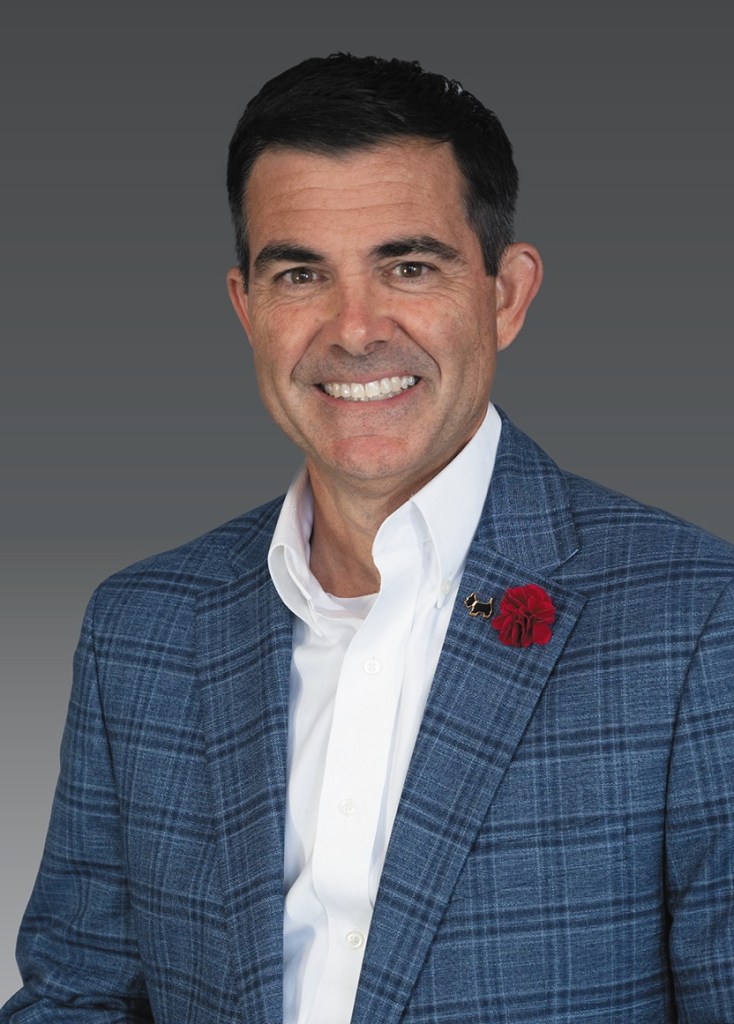Holding the Cards: Empowering Agents in Their Carrier Relationships

By Mike Erlandson
Claims and compensation are among the cornerstones of operations for independent agencies. Clear claims processes allow agents to keep their clients updated and informed, while accurate compensation reporting is essential for the agency’s budgeting, planning and cash flow.
Yet, issues surrounding claims and compensation processes are some of the most prominent pain points agencies face, according to a 2025 Vertafore survey of more than 1,300 independent agents. Ultimately, carriers own these processes. However, there are ways for agencies to reduce friction in their carrier partner relationships to make claims and compensation more transparent, accurate and user-friendly.
Insurance is just a pile of paper and a promise until there is a claim. This vulnerable moment for the insured will make or break their relationship with agent and carrier.
When disaster strikes, insurance coverage moves from an abstract concept to a tangible service. This rubber-meets-the-road reality is likely why 75% of agency professionals said claims service is the top concern about their relationships with carriers.

Register for the 2025 Big ‘I’ Fall Leadership Conference
Technology is often an agency’s first option to stay current with a claim’s status. To improve claims efficiency, agencies can leverage real-time upload and download solutions to immediately access a claim’s status and be notified when it changes. Many carriers offer this functionality, and more are coming online every day. Insurers that support this technology make claims processing much easier for agencies.
Agencies can also address claims issues with consistent conversations with their carrier partners. Every agency is assigned to a carrier marketing representative who is responsible for discussing and addressing agents’ concerns. This connection is usually the best conduit for resolving claims-related issues.
Finally, agencies can advocate for standardized claims language and codes to simplify status tracking and resolution. Echoing ACORD’s success in standardizing methodologies, this codification would ease claims processes, streamline industry-wide interactions and eliminate the current confusion caused by disparate systems.
Professional organizations such as the Big “I” are leading the discussions around standardization. Agencies can join the conversation and share their opinions on how standardization benefits the independent insurance distribution channel.
More on claims
Meanwhile, independent agents are the sales force for their carriers and provide an essential pathway to get insurance products to market. Compensation transparency is critical for a healthy agent-carrier partnership. Agents deserve to know with certainty that they’re being compensated fairly and accurately. This is likely why two-thirds of agents say reliable access to current and comprehensible compensation statements is a must-have.
Compensation reporting issues are another friction area that can be addressed with ongoing conversations. Again, the marketing representative, who understands the carrier’s compensation processes and the agency’s business, is the person who will most likely resolve ongoing issues.
To make these discussions productive, agencies should come prepared with concrete data, such as discrepancies and errors, where compensation structures are obscured, and examples of communication failures about changing commission rates.
Agency management systems designed to record and calculate carrier commission splits and reconciliations can build the reports to facilitate these conversations. By showcasing this information, agencies can transform anecdotal frustrations into actionable insights. These talks go a long way toward improving an agency’s compensation experiences and building solid carrier partnerships.
Although carriers hold many cards regarding claims and compensation, independent agencies are not passive bystanders. They can influence carriers’ processes by actively communicating their needs and expectations, leveraging the right technology and making informed partnership choices.
Mike Erlandson is vice president of strategic partnerships, professional services, at Vertafore.











